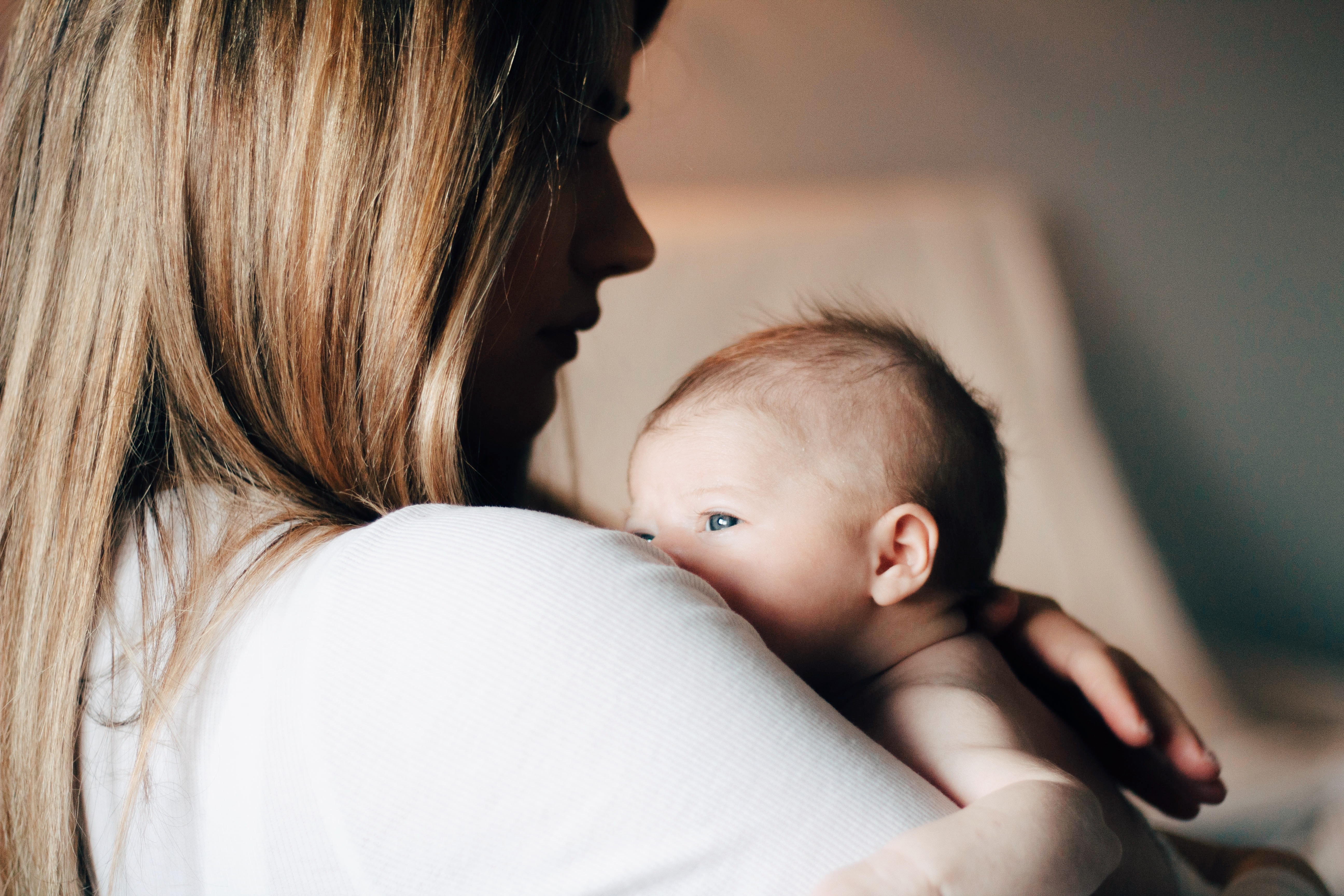News release
From:
1. Microbiology: Neonatal antibiotic use associated with reduced growth in boys
Exposure to antibiotics in the first few weeks of life is associated with reduced weight and height in boys up to the age of six, but not girls, reports a paper in Nature Communications. The study suggests that this effect may be due to changes in the development of the gut microbiome.
The use of antibiotics in newborn babies during the first weeks of life has been reported to lead to alterations in the composition of the gut microbiome. However, the long-term consequences of this exposure are unknown.
Omry Koren and colleagues investigated the association between antibiotic exposure during the neonatal period (within the first 14 days after birth) and child growth until the age of six in a cohort of 12,422 children born between 2008 and 2010 in Turku, Finland. By using a statistical score based on growth charts, the authors found that boys — but not girls — in their sample who had been exposed to antibiotics as neonates exhibited lower weights and heights up to the age of six compared to those who were not. However, after the neonatal period and until the age of six, antibiotic use was associated with higher body mass index in both boys and girls.
In separate experiments, the authors transplanted faecal microbiota from antibiotic-exposed and non-exposed infants to germ-free mice. In male mice, those that received a microbiota transplant from infants 1 and 24 months after antibiotic treatment were found to have impaired growth. No changes were observed in female mice.
The authors suggest that early antibiotic exposure is associated with long-term changes in the gut microbiome, which may result in reduced growth in boys up to the age of six. However, they note that limitations in their study — such as an incomplete understanding of the effect of the underlying causes that led to antibiotic use (which may affect height and weight gain in early life) — mean that the results should be interpreted with caution.



 International
International


